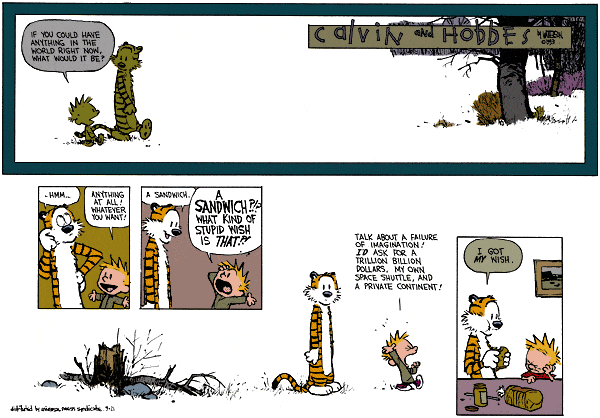I would say that my favorites would be a three way tie between Søren Kierkegaard, Diogenes of Sinope, and Marcus Aurelius. The common theme between all of them is the idea that actions or what we chose to do determines our happiness and identity and that every action should be deliberate and deliberated inside of us. All three call for simple, virtuous lives lived introspectively and that fits with my personality.
From Kierkegaard I agreed with his assertion on the differences between corporate and private religious life, which is a theme that governs the spiritual side of my life and makes me eschew things like Mega Churches or religious corporations on a matter of principal. Additionally, his existential beliefs fit with my view of the way we acquire identity and meaning.
I see Diogenes as an extension of Socratic inquiry with an eye more bent on finding what is virtuous (and living it out) and calling attention to things like injustice, pretension, or any other human construct that is meant for decisive and destructive purposes. Diogenes was not afraid of pricking the social conscience and agitating those who mindlessly clung to their ideas.
From Marcus Aurelius I learned most of what I know of service and sacrifice and I find him to be an exemplar of what it means to be a civil servant. In his Meditations we see that on more than one occasion, he put his country in front of personal tragedies and led his army to victory I also appreciate the Stoic philosophies about the mastery of self, especially in situations beyond our control. On of my favorite quotes of his is paraphrased as "One man prays 'How may I not lose my child?' I pray 'How may I not be afraid to lose him?' " It seems rather cold in the light of modern thought and in the face of tragedy I don't always hold this to be true, but I agree that our attitude in situations beyond our control determines the outcome because it is the only thing we can control.

